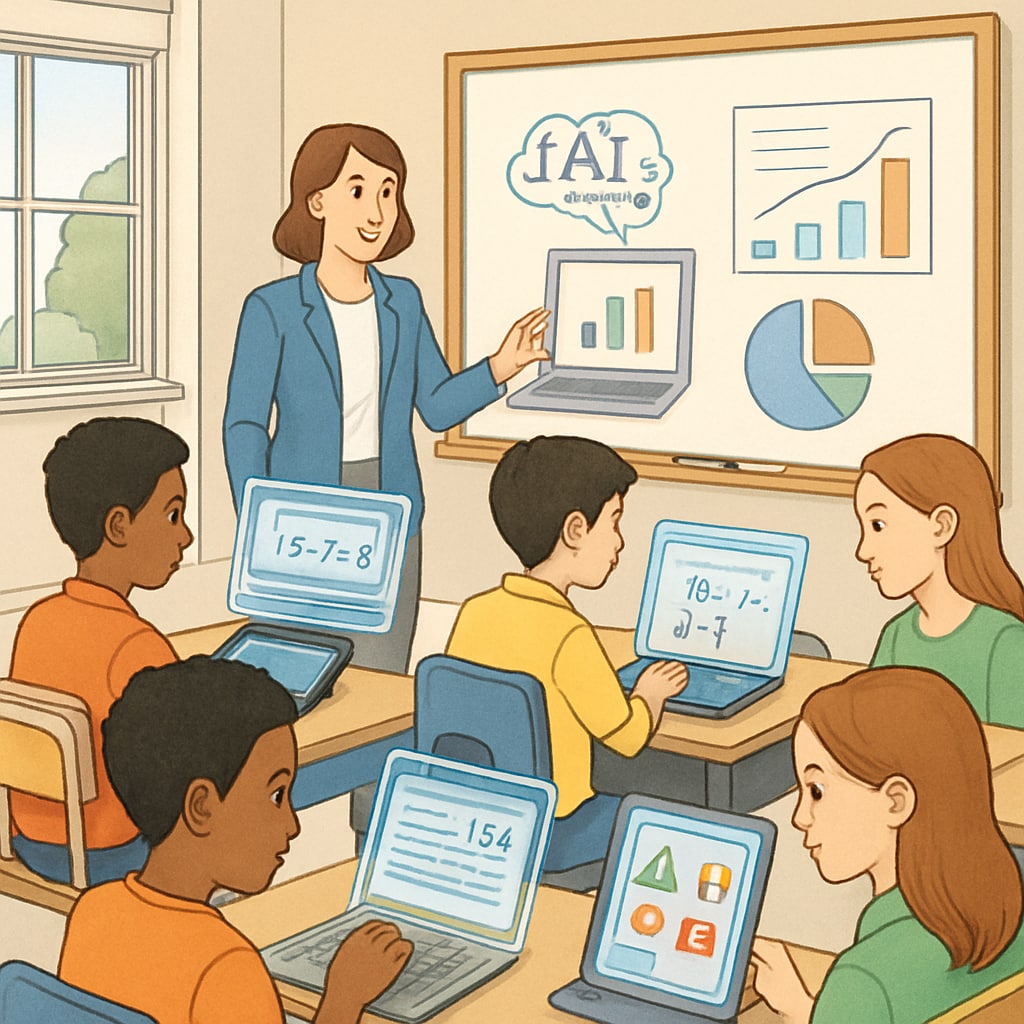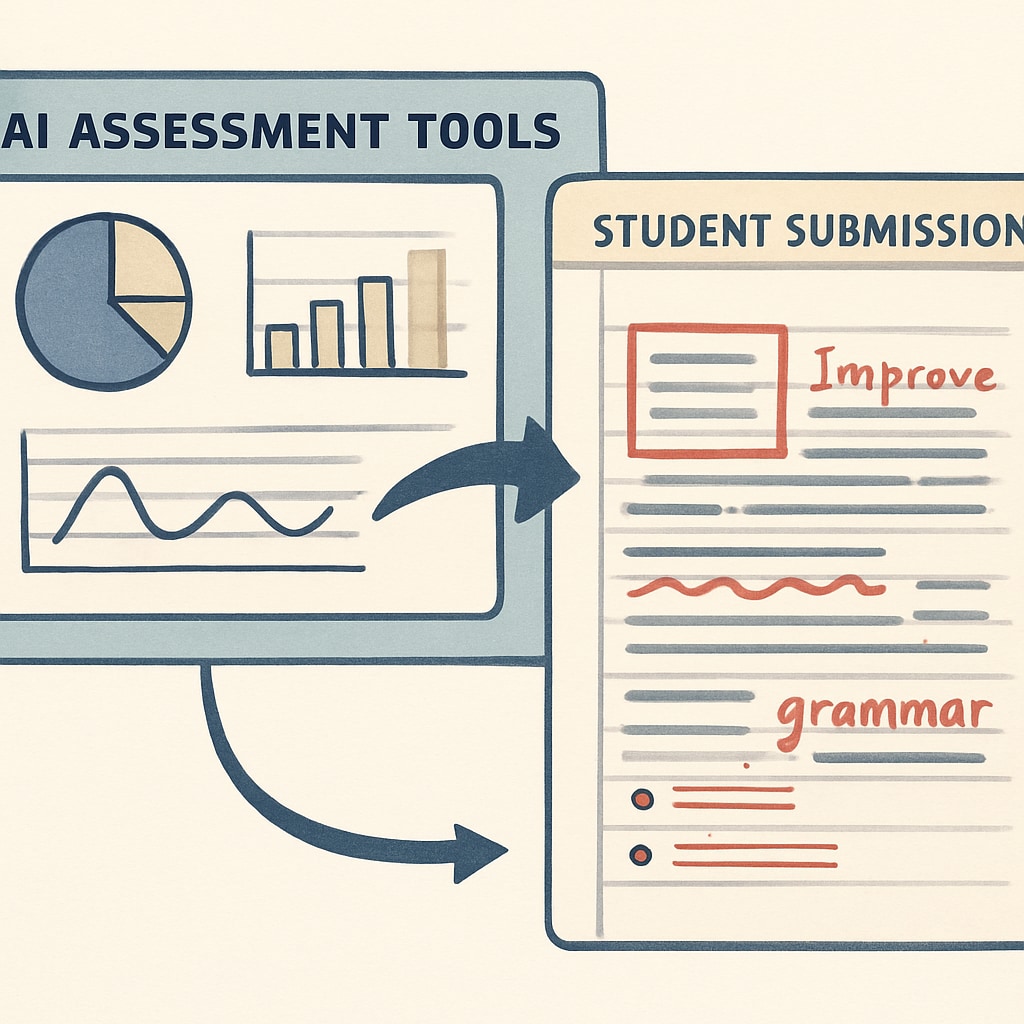Artificial intelligence (AI) is transforming K12 education in remarkable ways, redefining teaching methods and learning experiences. From personalized learning systems to intelligent assessment tools, AI-powered education technology offers unprecedented opportunities. As educators and institutions adapt to this shift, understanding the future trends, challenges, and benefits of AI in education becomes increasingly critical.
Personalized Learning Through AI
One of the most significant impacts of AI in K12 education is personalized learning. AI algorithms analyze individual student data, including learning preferences, pace, and performance, to provide tailored educational experiences. For example, adaptive learning platforms like Khan Academy utilize AI to recommend customized lesson plans that suit each student’s needs.
In addition, AI-powered tutoring systems can identify gaps in knowledge and offer targeted assistance. This ensures that students receive focused support, enhancing their understanding and retention.

AI-Driven Assessment and Feedback
AI technology is revolutionizing traditional assessment methods. Intelligent grading systems evaluate student performance with precision and consistency, reducing the workload for teachers. Moreover, AI-driven feedback is immediate and constructive, helping students understand their strengths and areas for improvement.
For instance, tools like Grammarly provide real-time suggestions for writing improvement, which can be integrated into classroom activities. These systems also enable educators to track overall class progress and adapt teaching strategies accordingly.

Challenges in AI Integration
Despite its potential, integrating AI into K12 education comes with challenges. One major issue is data privacy and security. Schools must ensure that student information remains protected while using AI systems. Additionally, there is a need for teacher training to effectively utilize AI tools and integrate them into curricula.
Furthermore, the digital divide poses a challenge. Not all schools have access to advanced technology, which could lead to disparities in educational quality. Addressing these challenges requires collaboration between policymakers, educators, and technology developers.
Future Opportunities and Trends
The future of AI in K12 education promises exciting possibilities. Virtual reality (VR) and augmented reality (AR), powered by AI, could create immersive learning environments. For example, students might explore historical events or scientific phenomena through VR simulations.
Another trend is the use of predictive analytics to identify at-risk students and intervene proactively. By analyzing patterns in engagement and performance, AI could help educators provide targeted support before issues escalate.
As AI continues to evolve, it is likely to play an integral role in bridging educational gaps and fostering creativity in classrooms worldwide.
Readability guidance: This article uses concise paragraphs, clear transitions, and actionable insights to ensure accessibility for diverse readers. Lists and examples are included to enhance comprehension and engagement.


